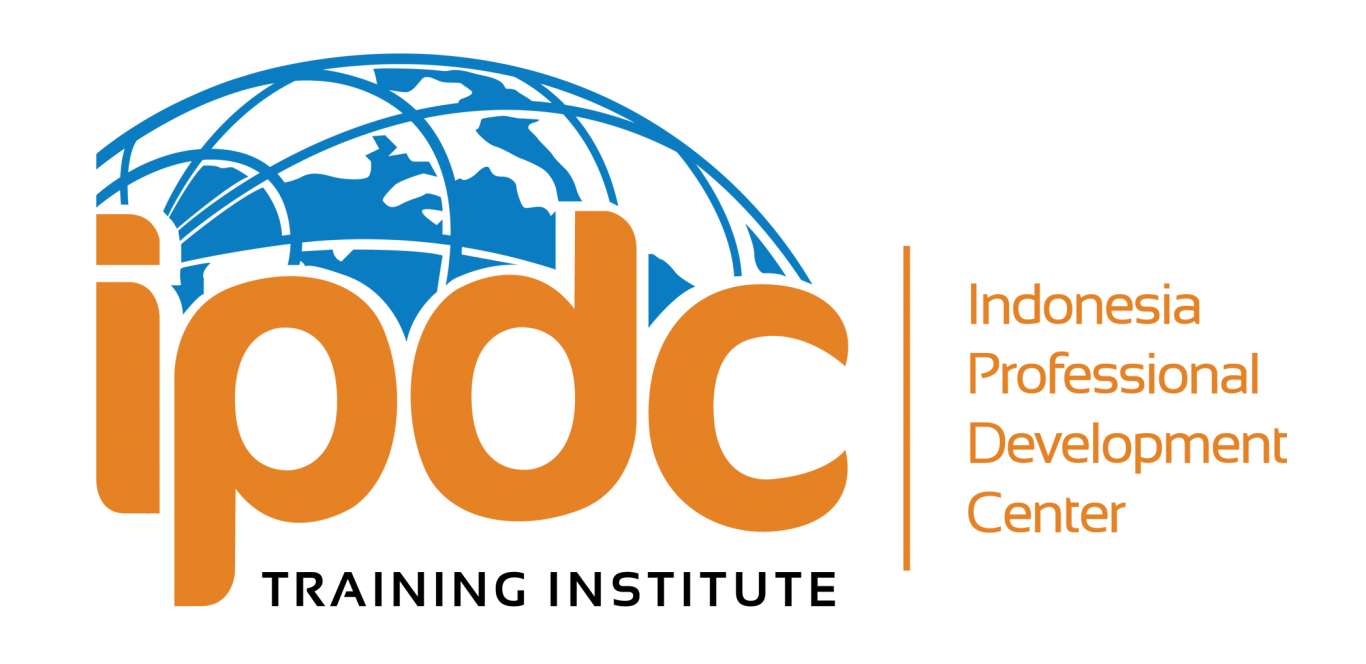Our Upcoming Trainings


Wed, Nov 20
|Indonesia
Team Communication
In this course, participants will learn about different verbal barriers to effective team communication and strategies for overcoming them. But speaking is only one part of communication; effective team leadership is about active listening too.
Time & Location
Nov 20, 2024, 8:00 AM – Nov 21, 2024, 5:00 PM
Indonesia
About The Training
OVERVIEW
It's vital to maintain open, effective communication when working on a team. However, it's all too easy for teams to adopt bad habits. Without realizing how badly it affects your team, you or other team members may communicate in ways that lead to misunderstandings in teamwork, cause unnecessary conflict, keep others from having their say, and prevent collaboration.
In this course, participants will learn about different verbal barriers to effective team communication and strategies for overcoming them. But speaking is only one part of communication; effective team leadership is about listening as well. So you'll also learn
about some active listening techniques that can help you be a better listener when managing teams.
OBJECTIVES
By the end of this training course, participants will be able to:
- Recognize the 4 different ways people communicate and how to best connect with each
- Listening — your most powerful and underused communication tool
- Find out where communication typically breaks down between people
- What to do when you’re challenged or put down in front of others
- Critical how-tos for giving instructions and directions
- Words and phrases you must avoid — and what to say instead
- Body language: Learn how your actions can overpower what you are saying
- Cope with team conflict by learning how to employ the conflict to get to creativity
- Send, receive, and process information within the team to be most productive
- Foster coherence and effectiveness of the team
- Build trust with another team member
TARGET PARTICIPANTS
- All the individuals working with others as a team or a group
- Those whose work requires direct interactions with other staff, stakeholders, clients, and even vendors.
- The leaders who are planning to create a new group or department.
- Mid-level managers
COURSE CONTENTS
1. Opening & Orienteering
- Ice breakers
- Brief Introduction
- Personal Best Experience in Team
- Communication
- Pretest
2. Overview of Team Communication
- The Definition of Team Communication
- Team Communication: An essential element of success
3. The Five Dysfunctions of a Team
- Lack of or Absence of Trust
- Afraid of Conflict
- Lack of Commitment
- Avoiding Responsibility
- Lack of Attention to Result
4. Building Team Trust
- Looking into Ourselves
- Debrief
- Why Trust is Important
- Building Trust
5. Team Diversity
- Personal Diversity - DISC
- Interest Diversity
- Team Diversity
6. How Teams Work
- What Makes a Good Team
- Matching Team to Task
- Analyzing Team Roles
- Balancing Skills within a Team
7. Setting Up a Team
- Setting Goal
- Providing Support for a Team
- Establishing Team Trust
- Maximizing Performance
- Creating a Self-Managed Team
8. Improving Team Efficiency
- Analyzing Team Dynamic
- Communicating Effectively
- Running Team Meeting
- Dealing with Creative Problem Solving
- Rating Team Leadership
9. Establishing Team Norms
- Characteristics of Teams
- Ground Rules
- Team Contracts
10. Your Team Player Type
- What's Your Team Player Type?
- What Does it Mean To Have a Number?
- My Team Style
11. Team Communication Across Generation
- Types of Generational Communication
- How to Better Communication Between Generations
- Adapting Your Communication Styles
12. Assertiveness in Team Communication
- Elements of Assertive Team Communication
- Active Listening
- Types of Communication in Teamwork
- Building Confidence in Team Communication
13. Building Soft Skills in a Team Communication
- Empathy
- Emotional Intelligence
- Curiosity
- Resilience
- Adaptability
14. Working for the Future
- Measuring Team Performance
- Tracking Team Performance
- Rewarding Team Performance
- Adapting to Change
- Planning for Future Goals for a Team




















